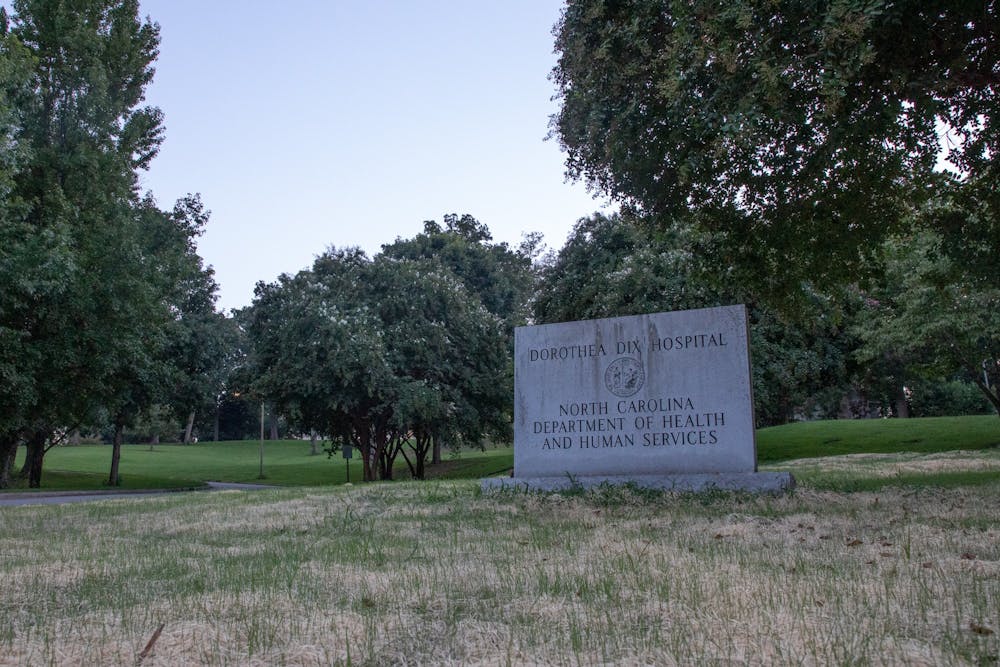Through an initiative guided by the recently established American Indian Respiratory Health Advisory Group, the North Carolina Department of Health and Human Services is working to address inequities in vaccine and health information access for Native American communities.
On Nov. 14, the NCDHHS hosted a fireside chat and tele-town hall comprised of health leaders from the state's tribal communities. The discussion was in collaboration with the North Carolina Commission of Indian Affairs and highlighted steps to protect tribal communities against respiratory illnesses and hospitalizations.
The three panelists included Greg Bryant, the N.C. Commission of Indian Affairs health committee chair, Brooke Grooms, the Southeastern Integrated Care administrative director of family medicine, and Aiyana Lynch, The CARE Clinic development and marketing director.
Grooms is a member of the Lumbee Tribe and Lynch is a member of the Haliwa-Saponi Tribe.
“I want to acknowledge there are many barriers that our people face in accessing this health care, from lack of transportation to not being able to find healthcare providers that actually understand our culture,” Grooms said.
According to 2023 data from the CDC, Native American people are 2.4 times as likely to be hospitalized from COVID-19, as compared to their white counterparts.
Cherry Beasley, director of health and human services of the Lumbee Tribe, said Native American communities are specifically more susceptible to asthma and chronic obstructed pulmonary disease due to higher rates of smoking tobacco during tribal ceremonies.
Through her work as a registered nurse specializing in population health and on various state committees dedicated to Native American interests, Beasley said one of the challenges in addressing Native American community health inequities is a lack of data. General county data on health outcomes does not necessarily equate to the data on Native Americans, she said.
She said the Eastern Band of Cherokee is the only tribe that receives Indian Health Service from the U.S. Department of Health and Human Services.




